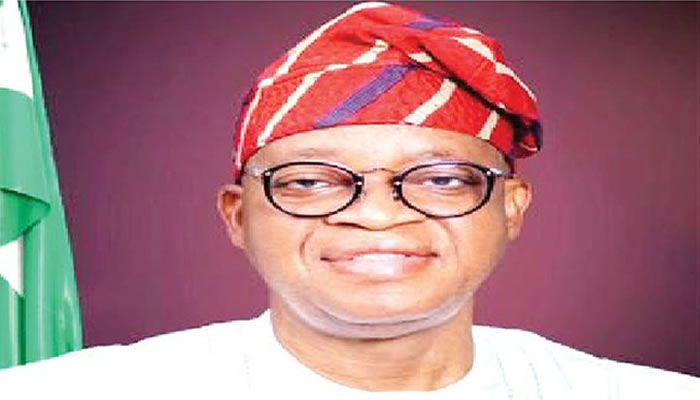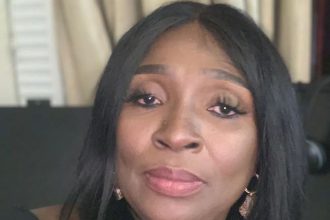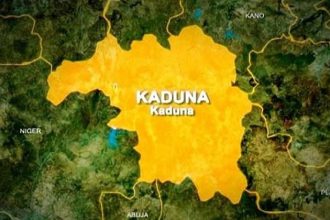Nigeria, one of Africa’s largest economies and a key hub in global maritime trade, is grappling with a growing crisis in the shipping industry: exorbitant war risk insurance (WRI) premiums. Despite a notable decline in piracy and maritime crimes in recent years, international shipping firms continue to levy steep charges on Nigerian-bound cargoes—charges that industry stakeholders say are no longer justified and are crippling the economy.
War risk insurance, designed to protect against damages from piracy, terrorism, or war, is traditionally applied to conflict-prone zones. Yet, Nigerian shippers and officials argue the country no longer fits that category. Nigeria has not recorded a single piracy attack in over three years, thanks to aggressive reforms and security measures like the Deep Blue Project and naval patrols.
Still, premiums on Nigerian-bound shipments remain sky-high. In some cases, shipping companies pay between $50,000 and $100,000 per voyage in extra insurance costs—an economic burden disproportionately affecting Nigerian importers and exporters.
According to the Nigerian Maritime Administration and Safety Agency (NIMASA), the nation has paid over $1.5 billion in war risk insurance in just three years. These charges, which date back to the height of militancy in the Niger Delta, are now seen by stakeholders as outdated and exploitative.
Major shipping lines, including Maersk, impose additional surcharges—$450 per container or more—despite Nigeria’s removal from the International Maritime Bureau’s list of piracy-prone nations. Experts believe these practices are inflating freight costs and stripping Nigeria’s economy of much-needed capital.
Industry leaders, such as Captains Tajudeen Alao and Emmanuel Iheanacho, argue that the continued application of WRI to Nigeria is baseless and unjust. “We are not at war,” said Iheanacho. “These premiums are exploiting our economy.”
The international community is being urged to act. NIMASA’s Director General, Dr. Dayo Mobereola, has taken Nigeria’s case to stakeholders like Chatham House and the United Nations. While some global institutions acknowledge Nigeria’s progress, insurers remain reluctant to adjust their premiums.
Until the international shipping community corrects its risk assessments, Nigeria will continue to bear the weight of unjust premiums. The call is clear: fair maritime pricing for a peaceful nation.





